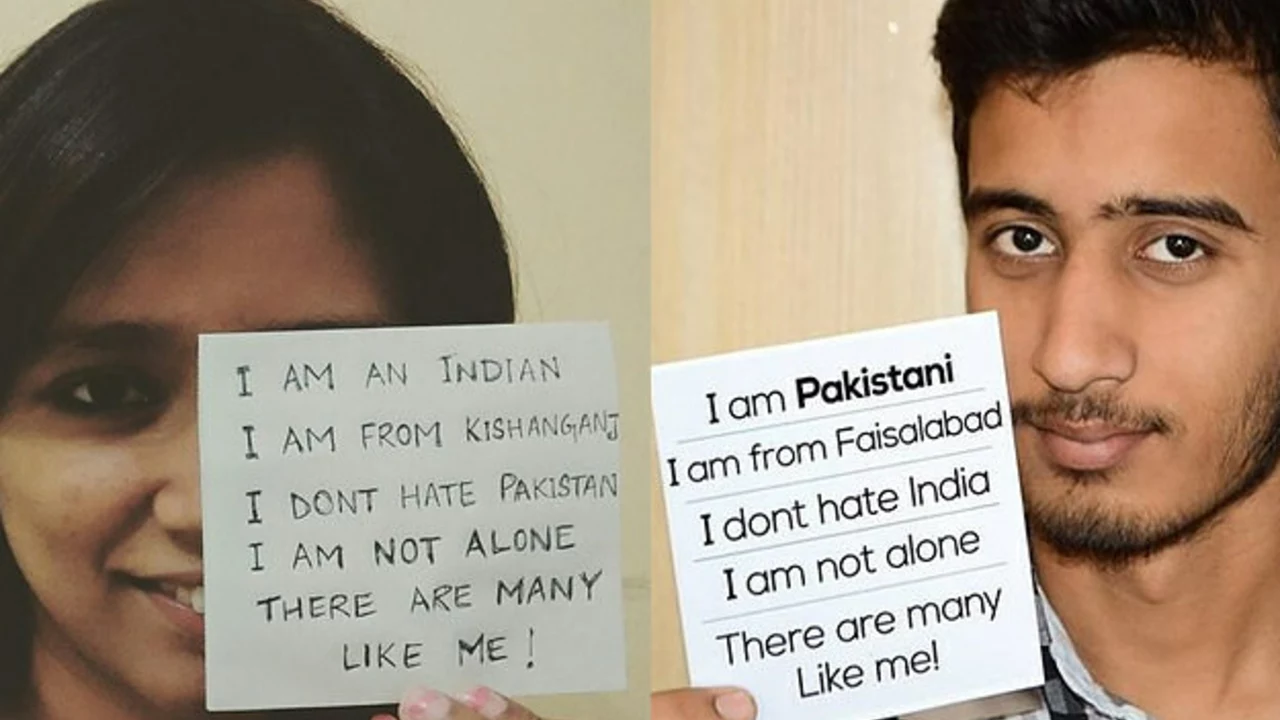Do majority of Pakistanis hate Indians?

Understanding the Historical Context
Before we delve into the heart of the matter, it's crucial to understand the historical context that has shaped the relationship between Pakistan and India. The partition in 1947 was a highly charged and traumatic event for both nations. It resulted in mass migrations, communal violence, and the loss of countless lives. This unfortunate event has left a lasting imprint on the collective consciousness of both populations, which often gets reflected in their perceptions and attitudes towards each other.
The historical narrative in both countries, to some extent, has been shaped by the political interests of the ruling elite, which often fan the flames of hostility for their gains. However, it's essential to note that these historical narratives do not necessarily reflect the sentiments of the ordinary people on both sides of the border.
Media Influence on Public Perception
Media plays a significant role in shaping the perceptions and attitudes of people. The media in both India and Pakistan has often been accused of promoting a negative image of the other nation. This portrayal, especially in the news media, tends to focus on conflict, tension, and hostility. The incessant focus on negative news and the lack of representation of positive stories or commonalities between the two nations can contribute to a skewed perception.
However, it's also true that people's perspectives are not solely formed by the media. Personal experiences, interactions, shared cultural practices, and common linguistic and historical ties also play a part in shaping one's perception of the other.
The Impact of Politics
The political landscape in both India and Pakistan has a significant influence on how the citizens of both countries perceive each other. Often, political parties and leaders use the perceived enemy as a tool to rally support and instill a sense of nationalistic fervor among their followers.
While it's true that the political narrative can influence public sentiment, it's also important to remember that politics and politicians do not represent the entirety of a country's population. A majority of people in both countries, especially the younger generation, are more interested in peace and cooperation than in conflict and hostility.
Interpersonal Connections and Experiences
One of the most potent ways to form a perception about another nation's people is through direct interactions and experiences. Many Pakistanis and Indians have formed strong friendships and connections with each other, especially in countries where they live as expatriates. These connections often challenge the prevailing negative stereotypes and create a more nuanced understanding of the 'other'.
Moreover, the shared cultural practices, linguistic similarities, and common historical ties often lead to a sense of familiarity and affinity rather than hatred. This aspect of the relationship is often underrepresented in mainstream narratives.
The Power of Art and Culture
Art and culture have a unique power to transcend boundaries and bring people together. The shared love for Bollywood movies, music, literature, and cricket is a testament to this fact. These shared cultural experiences often foster a sense of camaraderie and mutual respect among people on both sides of the border.
It's important to note that the appreciation of another's culture or art does not necessarily translate into hatred for the people of that culture. On the contrary, it often leads to a deeper understanding and respect for the other.
Conclusion: Beyond Stereotypes
While it's true that the political and historical narratives, along with media portrayal, can influence public sentiment, it's also important to move beyond these narratives and look at the bigger picture. It's crucial to note that a majority of Pakistanis do not 'hate' Indians. The reality is far more complex and nuanced.
Furthermore, it's also important to remember that individuals are not monolithic entities defined solely by their national identity. They have their unique experiences, perspectives, and beliefs. Therefore, generalizing the sentiment of an entire nation can be misleading and unfair.
